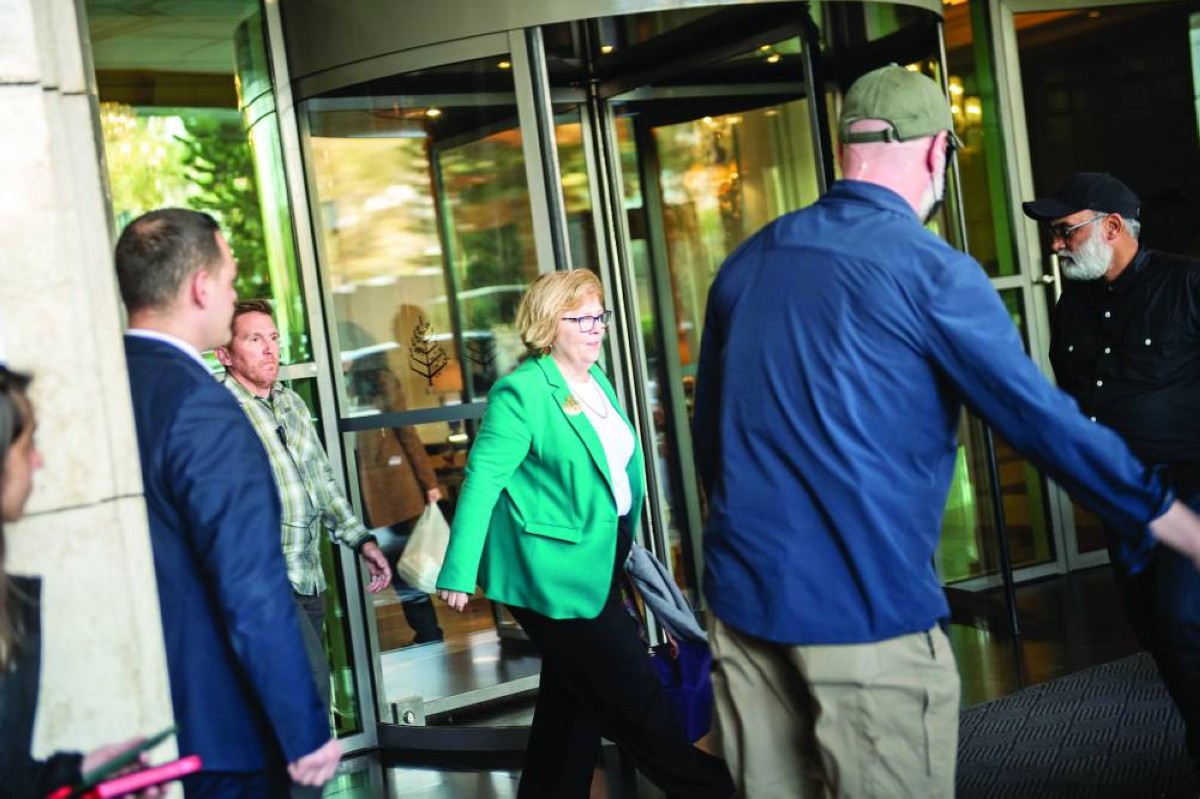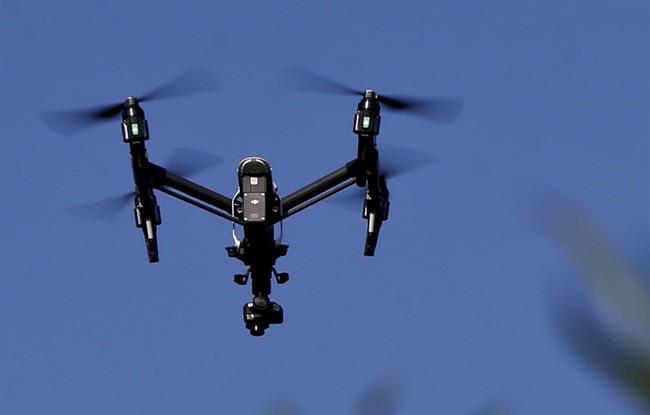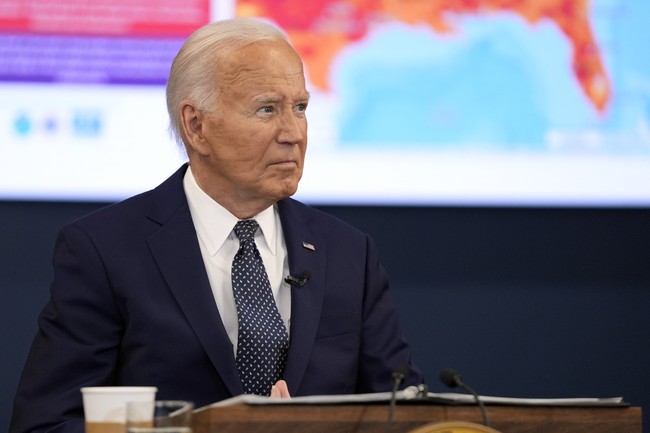Kurdish-Turkey Tensions Heighten in Northern Syria
Discover the complex dynamics between Kurds and Turkey in northern Syria. Diplomacy teeters on the edge, with countries like the U.S. heavily invested in reaching a ceasefire.
Published December 20, 2024 - 00:12am

Image recovered from arabnews.com
The conflict in northern Syria continues to escalate as tensions between the Kurdish-led Syrian Democratic Forces (SDF) and Turkish-backed groups are on the brink of boiling over. The Kurdish leader proposed setting up a 'demilitarized zone' in Kobani to mitigate the clash amid accusations and military mobilizations by Turkiye.
This development follows Turkey's military buildup near the Syrian border and fears of an impending assault on Kurdish-controlled areas. A similar conflict brewed in 2019, which saw militaristic buildups before Turkey launched an operation in northeastern Syria.
Malconster prevails, spurring Kurdish officials to plead for U.S. intervention by applying diplomatic pressure on Ankara to dissuade further conflict. The United States, engaging in negotiations, worked towards extending the truce to maintain fragile peace in volatile areas like Manbij. Despite these efforts, the strategic town remains a fulcrum for enemy forces.
Adding complexity to the turmoil is Turkey's historical contention with the Kurdish People's Protection Units (YPG), seen by Ankara as an extension of the PKK, acknowledged as a terrorist group by both Turkey and the U.S. The SDF, for its part, has blamed Turkey for undermining the mediation attempts by Washington, highlighting a recurring problem in the diplomatic efforts to resolve localized conflicts in Manbij and Kobani.
Erdogan's alliance with EU representatives and his dialogue with Ursula von der Leyen further illustrate Turkey's dual strategic priorities in Syria and its interconnected geopolitical interests with the European Union. Broached topics ranged from humanitarian projects to contentious national security matters, reflecting Turkey's complex role as a regional power broker.
In another chronicle, Trump's interactions with Kurdish representatives expose the international angles converging on northern Syria, where wider diplomacy and military actions speak to the greater contest of power. Kurdish appeals made to the incoming U.S. administration detailed the dire scenario unfolding and appealed for a unique diplomatic approach to halt the prospects of war.
The humanitarian toll and fears for the vulnerable populations entangled between military initiatives remain poignant reminders of the urgency for international escorts towards peace and stability. Inextricably linked with wider Middle Eastern dynamics, the issue showcases deep-rooted animosities and the broader U.S. interests which further complicate the dialogue towards creating a lasting resolution.
The convergence of military muscle and diplomatic dialogues at this juncture in northern Syria frames an intricate geopolitical chess game where stability is elusive and strategic calculations unfold in real time, with serious outcomes for populations both regionally and internationally potentially at stake.







